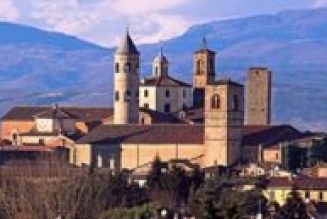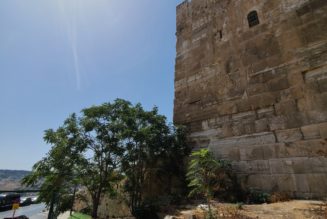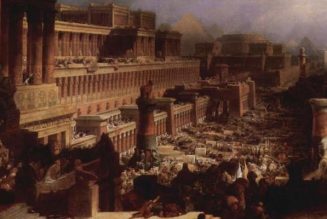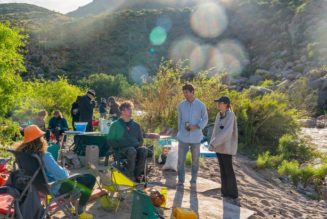“The Father himself
Willed that the path of tillage be not smooth,
And first ordained that skill should cultivate
The land, by care sharpening the wits of mortals…”
Virgil, The Georgics
Summer has begun. As a kind of new beginning, every season offers a natural occasion to be more intentional about life. Yet a season is not a generic restart. Rather, each constitutes a concrete call, if we give ear to the natural world, for attending to specific aspects of our life.
Summer is certainly no exception. It is a time of work and productivity. Just look to the plants and the animals. Now is the acceptable time for toil. Now is when extra work is done—even a kind of overload that will make possible a slowdown and a time of rest. Later.
In earlier days, summer was a time to leave school aside primarily because there was other more pressing work to be done. Especially in cultivating the land and ‘harvesting’ the astounding energies of the natural world, summer was a time characterized by meaningful and shared labor. It was not a ‘break’ from education, as though it were primarily a time in which young people rest-up so they can go ‘back to school’ in the fall.
In the older view—indeed one going back to ancient times—education concerned the formation of the whole person, of which the ‘academic’ was just one part, and not even the most significant.
It was not that families necessarily chose summer labor as part of their grand ‘educational’ scheme. It simply was an integral aspect of a whole rhythm that engaged and formed young and old alike in the great project of life.
Today I think we would do well to re-evaluate an approach that sees summer as an extended vacation, especially for the young. To do something different will require being savvy and intentional. There is no way around the fact that this will be an effort to make the best of a challenging situation.
Many families struggle to find what to do for children in summer. Camps of various kinds can indeed be a fitting response. At the same time, we can sense that children tromping from one camp to the next is not the best summer plan.
What are parents to do? Good work is the obvious natural solution, but we find it very difficult to engage our children in meaningful work because to a large extent the work that we do is remote, unconnected, and inaccessible to them.
There is no easy solution to an issue that points to a root structural problem of our households today. But let us not theorize right now about the deeper issue. Let us think about summer.
Anything we do to arrange for some meaningful work can make a real difference. Maybe it is just one larger project or two, or a series of smaller but connected projects. Maybe it is taking up a new art or learning one new skill, or honing one we/they already have.
Each household must find its own way. One key will be finding labor that can be shared. The involvement of one or both parents is invaluable. Tried and true ways—especially such as cultivating the earth (which can take many different forms!)—is worth special consideration. Sirach says, “Do not hate toilsome labor, or farm work, which were created by the Most High.”
Virgil and Sirach both point us toward toil, especially husbandry of various kinds, as a hidden gift from above, a gem to be discovered and polished. It is not easy. That, it seems, is part of the very point.
Sure, summer is a great time for family vacation, particularly since for many the absence of ‘school’ and other such activities allows for the freedom to travel. Such vacation can be a wonderful and nourishing aspect of summer today.
Yet let us not miss what is surely the deeper genius of summer: the call to all of us, according to our state in life, to step up and step out into the life-giving practice of wholesome toil. There is a time for everything good. And one of those times is now.
Virgil (70-19 B.C.) is the great Roman poet, author of The Aeneid and The Georgics. In the Divine Comedy he appears as Dante’s guide through hell and purgatory.
When my daughter was three her uncle was in formation to become a priest. One morning she asked: “After Uncle (X) becomes a priest, will he ever become a man again?” It dawned on us that this amusing question has real weight. An ancient Latin word for priest means…
“Those who have a host of friends and are on familiar terms with everybody seem to be real friends of no one.” Aristotle, Nicomachean Ethics It is our worst nightmare. Everyone else has real friends. But somehow I don’t, because I’m just not up to it, or people just…
Husband, father, and professor of Philosophy. LifeCraft springs from one conviction: there is an ancient wisdom about how to live the good life in our homes, with our families; and it is worth our time to hearken to it. Let’s rediscover it together. Learn more.

Join us!
Please enter your email address to receive a Wednesday Quote and Reflection once a week. I would be honored to be partners in mining the wisdom of the ancients.
You have Successfully Subscribed!
Join Our Telegram Group : Salvation & Prosperity











